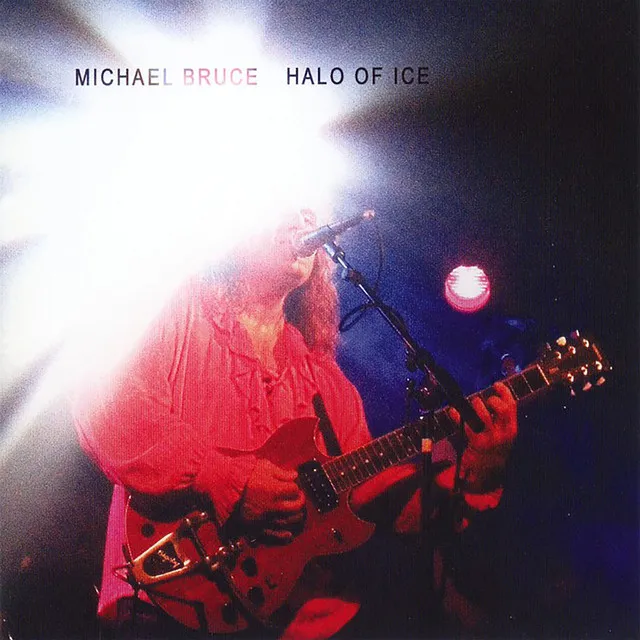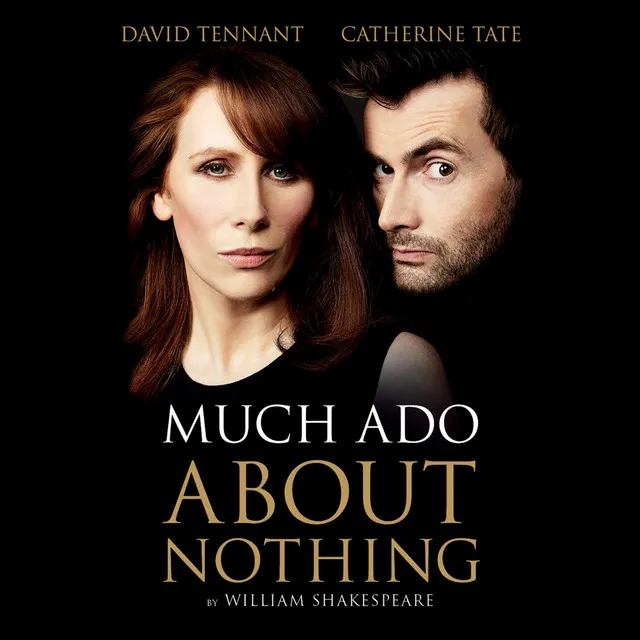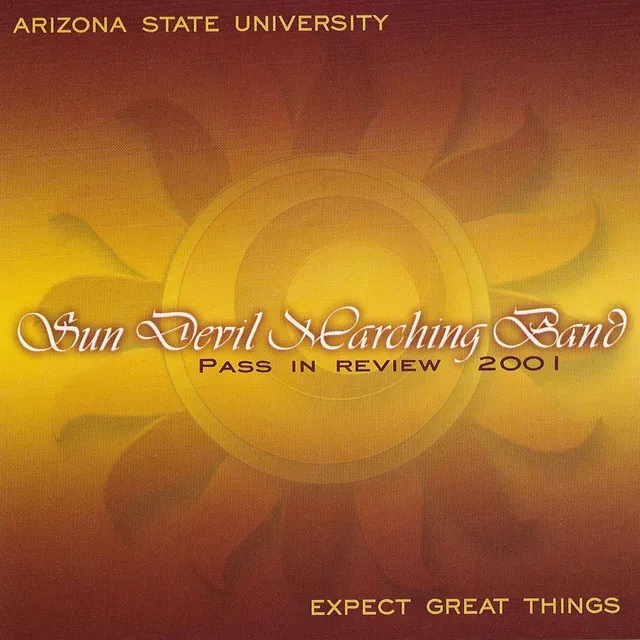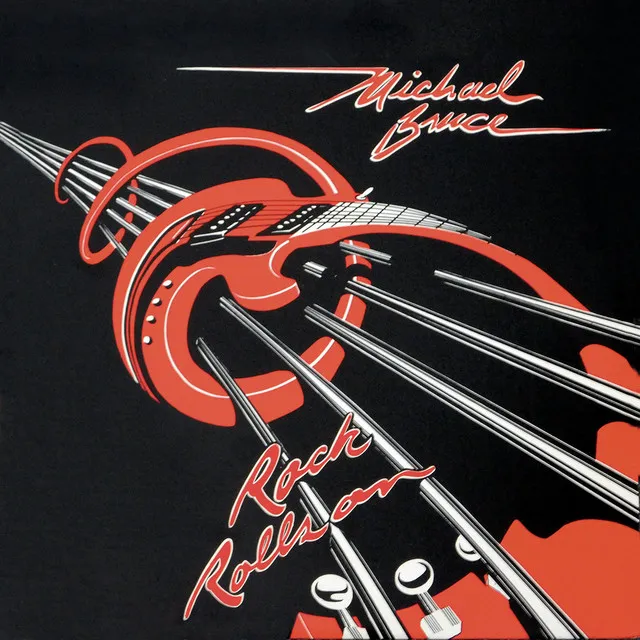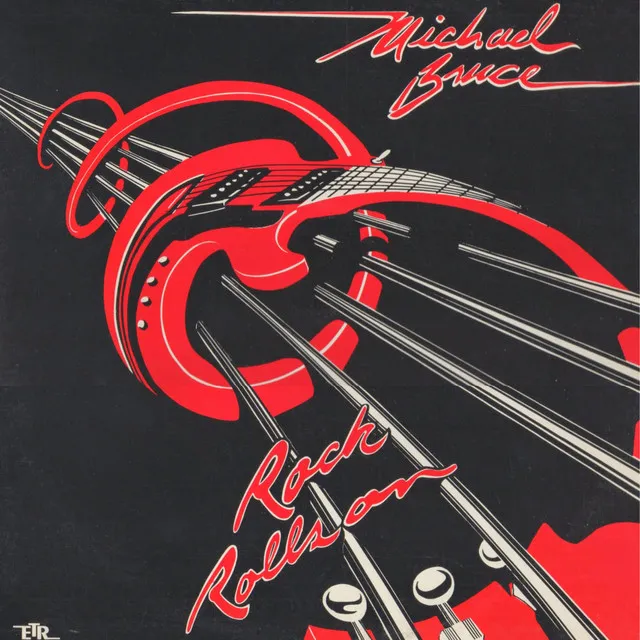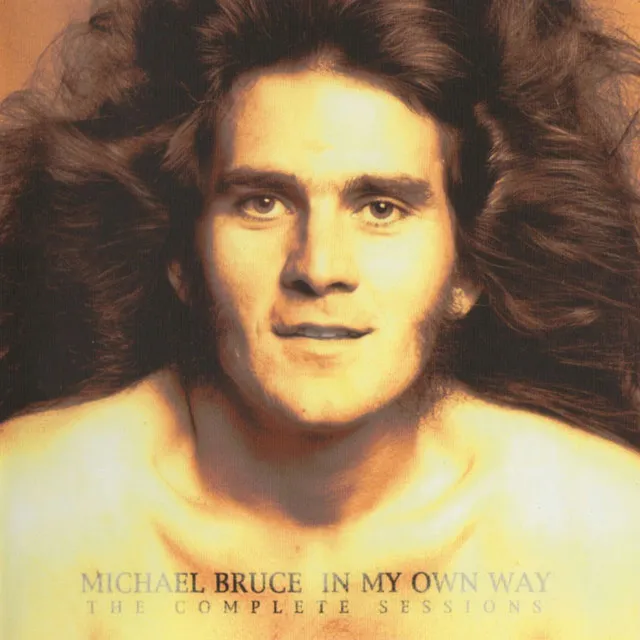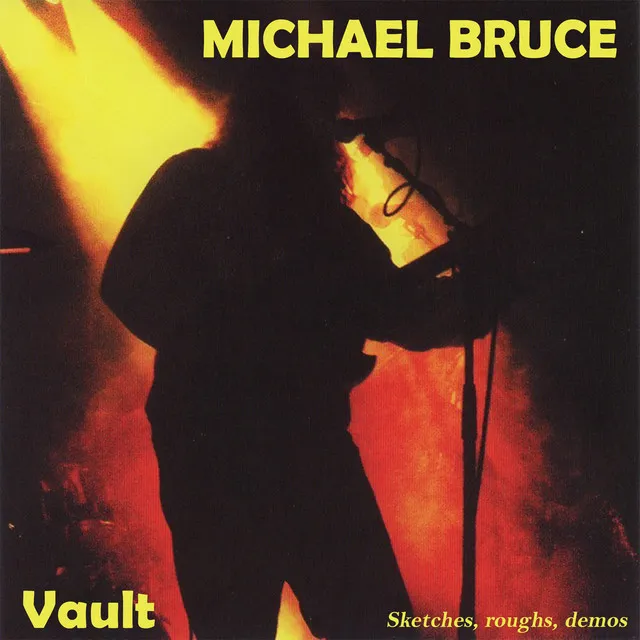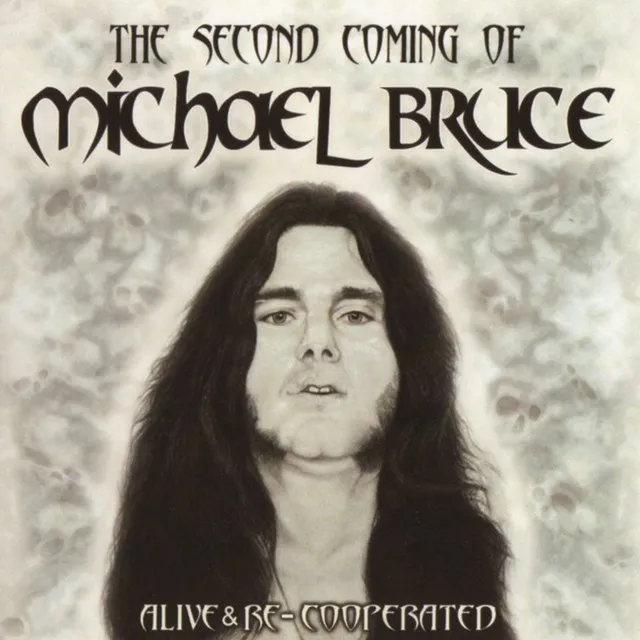The main focus of the original Alice Cooper band was understandably the group's shock rock singer Alice Cooper. But it was the group's guitarist/keyboardist, Michael Bruce, who was the main musical force behind the group, co-writing the majority of their tracks. Born on March 16, 1948, and raised in Arizona, Bruce took up the guitar during the early '60s after catching Elvis on The Ed Sullivan Show and discovering such British Invasion acts as the Beatles, the Rolling Stones, the Yardbirds, and the Animals. After doing time in a local cover outfit, the Duels, Bruce hooked up with another local band, the Spiders, who would later morph into the Alice Cooper band. The band (singer Vincent Furnier, bassist Dennis Dunaway, guitarist Glen Buxton, and later, drummer Neal Smith) relocated to Los Angeles in 1968, changed their name to the Nazz, and focused on more a more psychedelic rock sound (à la early Pink Floyd). But when they found out there was another group going by the name the Nazz (featuring a then-unknown Todd Rundgren), they changed their name to Alice Cooper, with Furnier assuming the role of a deranged and macabre figure and assumed the name Alice Cooper.
The newly renamed group issued a pair of underappreciated albums for Frank Zappa's Bizarre label (1969's Pretties for You and 1970's Easy Action), which followed in the same spacy, early Floyd style. But soon after, the group began gravitating toward a more theatrical-based, glam look while their musical style became more hard rock anthem-based. The Alice Cooper band grew even stronger after hooking up with producer Bob Ezrin, who helped focus the group's sound and approach even further. After a switch to Warner Bros., the Alice Cooper band quickly became one of the world's leading hard rock groups on the strength of such hit albums as 1971's Killer, 1972's School's Out, and 1973's Billion Dollar Babies. Bruce also established himself as the band's chief songwriter, either co-writing or solely penning most of the group's most renowned tracks, including "I'm Eighteen," "Ballad of Dwight Fry," "Under My Wheels," "Be My Lover," "Desperado," "Billion Dollar Babies," and "No More Mr. Nice Guy," among others.
But nonstop touring and hard living quickly burned out the group and they came to a crossroad after two more releases, 1973's Muscle of Love and 1974's Greatest Hits. Bruce wanted to take some time off to concentrate on recording a solo album, while Cooper wanted to press ahead with the group, albeit in an even more theatrically based direction (while the rest of the band wanted to focus more on the music). This led to the group's breakup and Cooper carried on as a solo artist and Bruce completed work on his solo debut. Issued only in Germany during 1975, Bruce's In My Own Way failed to attract the attention of Cooper's large audience and sunk from sight upon release. Bruce then reunited with a few other ex-members of the original Alice Cooper band, Dunaway and Smith, forming the group the Billion Dollar Babies and issuing a lone album in 1977 with Battle Axe. Although one of the reasons for the Cooper band's split in the first place was the theatrics, Bruce's new outfit launched an over the top stage show based on the 1975 futuristic James Caan movie Rollerball. But the stage was too large to fit into the mid-sized theaters and the tour was cut short after only a handful of shows, leading to the album quickly disappearing from the charts and the split up of the Billion Dollar Babies.
Bruce and his ex-Cooper bandmates kept a low profile afterward, as several attempts at possibly writing for and/or rejoining Alice proved unfruitful. In 1983, Bruce issued another obscure solo release in Europe only, Rock Rolls On, and by the dawn of the '90s was playing out live again with such East Coast bands as the Josiah/Bruce Band and a new version of the Billion Dollar Babies. Bruce also appeared on a recording by a project called Ant-Bee, 1998's Lunar Muzik, which was led by rock biographer Billy James and featured members of several classic psychedelic rock outfits (the Grandmothers, Hawkwind, Gong, and the Alice Cooper group). Around the same time, Bruce penned an autobiography, No More Mr. Nice Guy: The Inside Story of the Alice Cooper Group (with Ant-Bee's James lending a hand), which proved to be an interesting and insightful read (although Cooper himself subsequently questioned the validity of some of the stories).
In October of 1997, Bruce joined Smith and Glen Buxton on-stage for an informal reunion of sorts (sadly, Buxton passed away just a week later). In December 1998, Bruce joined Smith and Cooper on-stage for several songs at the opening of the singer's Phoenix sports bar/restaurant, Cooperstown, which proved to be the first time Bruce and Cooper performed together on-stage in nearly 25 years. Bruce continues to play live, forming the Michael Bruce Group in 2001, issuing such albums as I'll Never Forget Old What's His Name and Billion Dollar Babies -- Early Studio Tracks, and even toured England in May 2001 (to coincide with a tour Cooper was doing there at the time). A second printing of the No More Mr. Nice Guy autobiography was issued too, with a new cover and an added chapter. In My Own Way: The Complete Sessions, an expanded two-disc reissue of Bruce's solo debut, was released in 2002. ~ Greg Prato, Rovi
